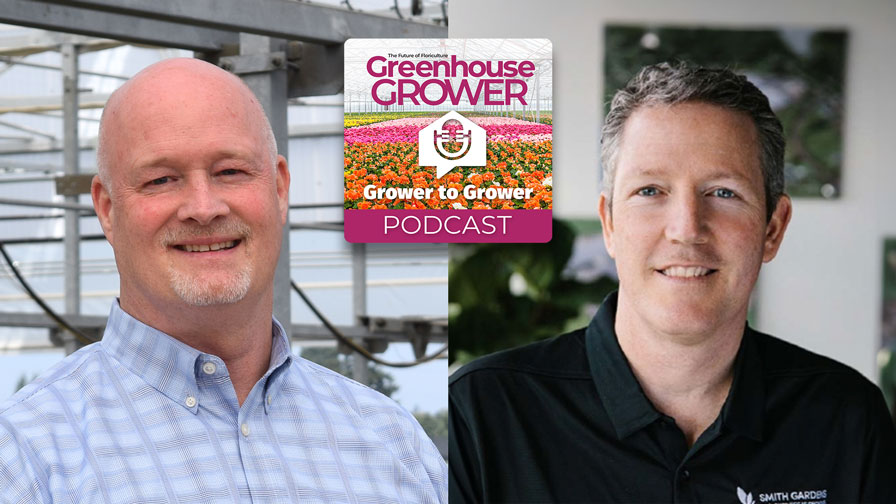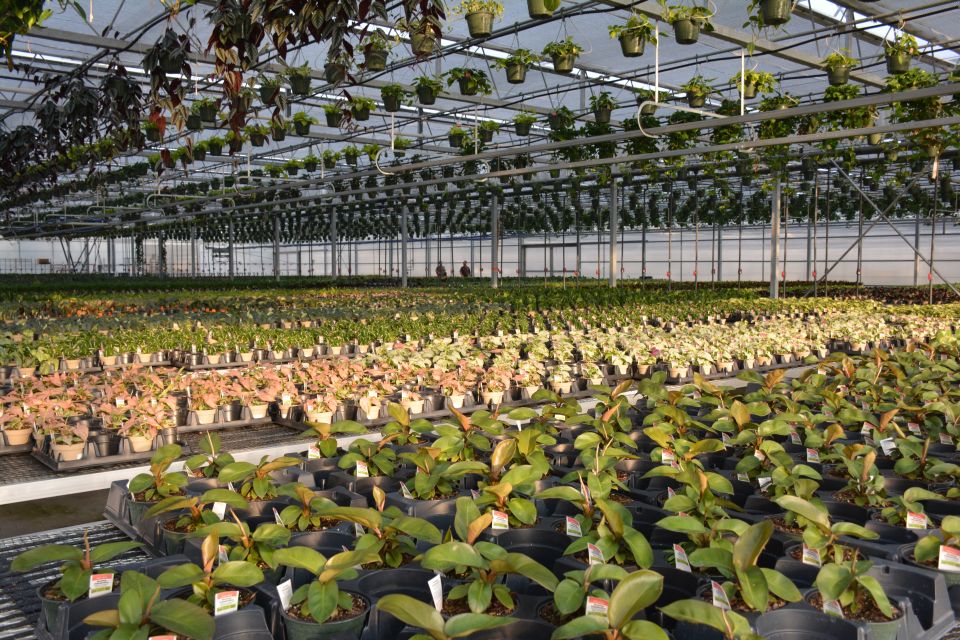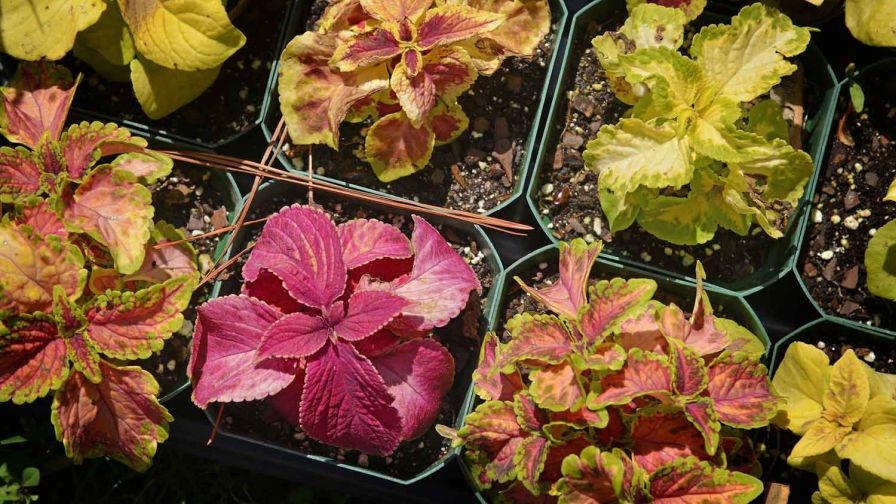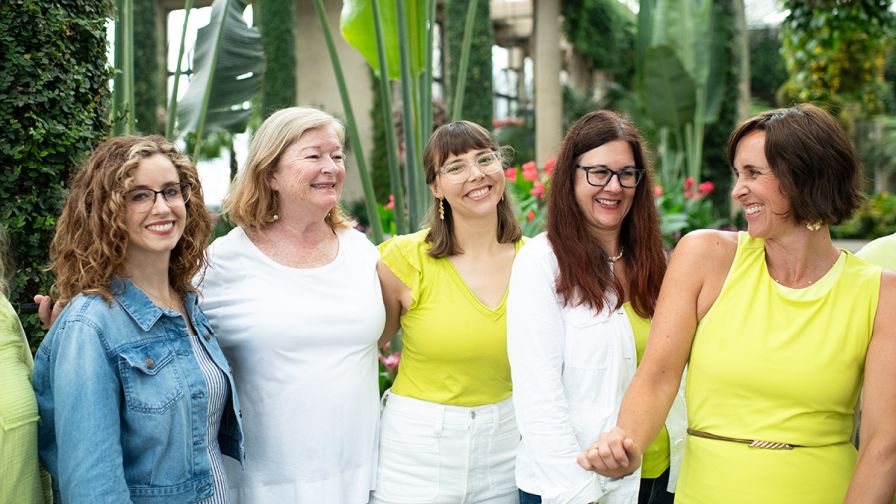Cannabis Industry Chasing a Moving Target Post-COVID

Noah Miller, Black Dog LED CEO
It’s too bad legal cannabis wasn’t around in the aftermath of the Spanish Flu outbreak, lest we’d have some semblance of an inkling for how the industry will fare post-coronavirus.
Ask any cannabis industry expert what to expect in the coming months, and you’ll likely get some form of the same answer repeatedly: It’s tough to say right now.
“The biggest problem with COVID is, it’s a moving target, and things are (still) developing quickly,” Noah Miller, CEO with Black Dog LEDs, says. “There’s still so many unknowns. If you could tell me on July 1 this will be over, and we’ll have it solved, then we could have a different conversation around economic recovery and learning from our history, not repeating mistakes. But right now, we just don’t know.”
One thing is for certain. We’re going to find out if legal cannabis is truly as “recession proof” as industry advocates have touted for years.
Challenges Bring Opportunities
If there’s one positive that Miller foresees potentially coming out of this situation, it’s that some of the larger West Coast venture capital investment firms that usually invest in tech companies or some other mainstream sector may put their capital into cannabis.
As head of an LED light manufacturing and supply company, Miller has witnessed a substantial slowdown of expansion projects on the cannabis grower side in the immediate aftermath of COVID surfacing. And, a bit of a bump in direct-to-consumer sales as hobby gardeners across the country look at growing their own plants during the lockdown.
“We’re not seeing a lot of projects being completely shut down or called off; they’re mostly just pushing out deadlines and being delayed, which is good news,” Miller says.
Miller predicts that growers have made the correct strategic investments in structures upgrades and automation equipment will have the easiest time operating in a post-COVID world.
“When it comes to day-to-day management in the greenhouse, if you’re set up smartly and with a good amount of automation, you can get through most of those days with a socially distanced skeleton crew,” he says. “But you still run into [challenges] when you get to those large tasks like harvest and defoliating before you harvest. Large jobs like that become pretty tough.”
Automation certainly helps alleviate and introduce some efficiencies into the grow process, but, as Miller puts it, “I may have an automated trimmer, but I still need a crew of people to harvest that biomass and get it into the machine.”
Still, greenhouse growers are in a better situation to deal with social distancing protocols than their more public facing retail brethren (dispensaries).
“The growers we work with are doing all of the things you’d expect they’d be doing: limiting crew sizes, spacing out worker shifts, any and all of those things you’re seeing in all business environments right now,” Miller says. “I think we’re in a better spot than the meat packing industry where it’s shoulder-to-shoulder workers. And we’re already used to personal protective equipment (PPE) and wearing gloves and masks in the greenhouse.”
Retail Faces Toughest Battles, Potentially
Miller adds that if the industry were to see some difficulties in dealing with COVID, it’s more likely to come on the retail side where dispensary owners are working directly with the general public.
Speaking of retail, vertically integrated growers that manage their own retail establishments can expect a couple new developments on the storefront side going forward. Cannabis consumers are becoming more comfortable with delivery and curbside purchases, so it seems safe to assume that serving this demographic will remain crucial even once the virus finally subsides. Whether that turns into partnering with existing delivery providers, investing in your own delivery fleet, or creating some sort of Instacart to help move product from retail to consumer, is still anyone’s guess, however.
The favoring of cashless transactions wherever possible, and more of a focus on non-smokables (edibles, vape pens, tinctures, formulated concentrate products) are also expected to be among the new norms going forward in serving tomorrow’s cannabis consumer.
Without a doubt, the coronavirus has changed legal cannabis as we know it for good. Miller thinks there’s potentially another avenue for cannabis to play a much larger role in this ongoing saga.
“What would really be big for cannabis is if they find out that CBD or CBG or one of these formulations of different cannabinoids and terpenes they’re looking at turns out to have some positive effect on preventing coronavirus or even helping people recover from the virus? That would be absolutely huge for this industry,” Miller says.








